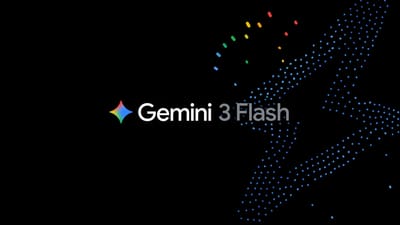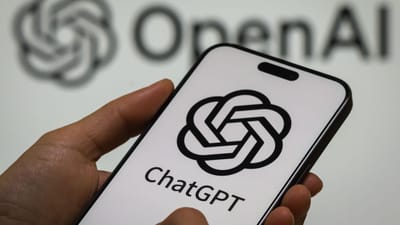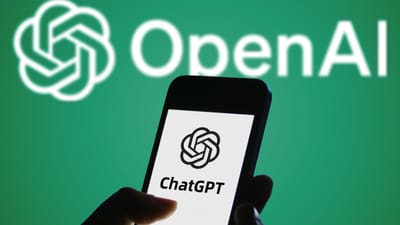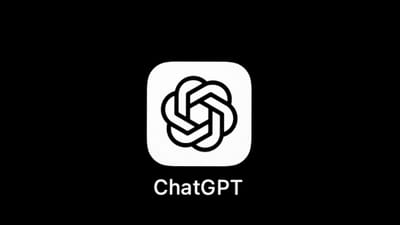
Amazon Negotiates $10 B Investment in OpenAI and Provision of Trainium Chips
Amazon is in advanced discussions with OpenAI about a $10 billion investment that would also see the AI startup adopt Amazon's Trainium chips and increase its use of Amazon Web Services. The proposed deal could lift OpenAI's valuation past $500 billion while deepening the company's reliance on Amazon's cloud and hardware infrastructure. At the same time, OpenAI continues to expand relationships with other technology partners, including Microsoft, NVIDIA, Oracle and AMD, prompting investors to scrutinize the circular nature of its financing and compute arrangements.










